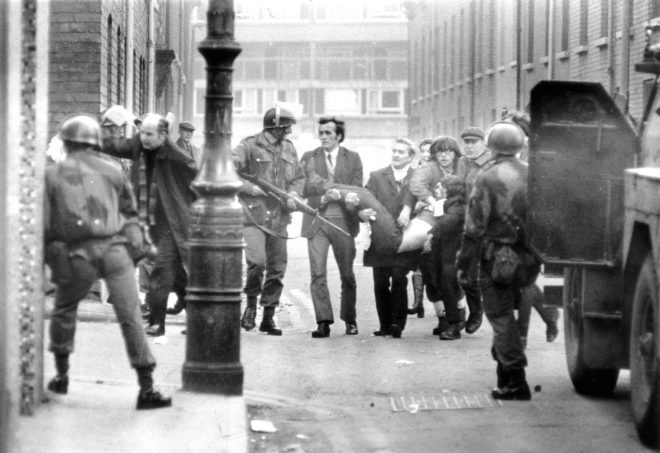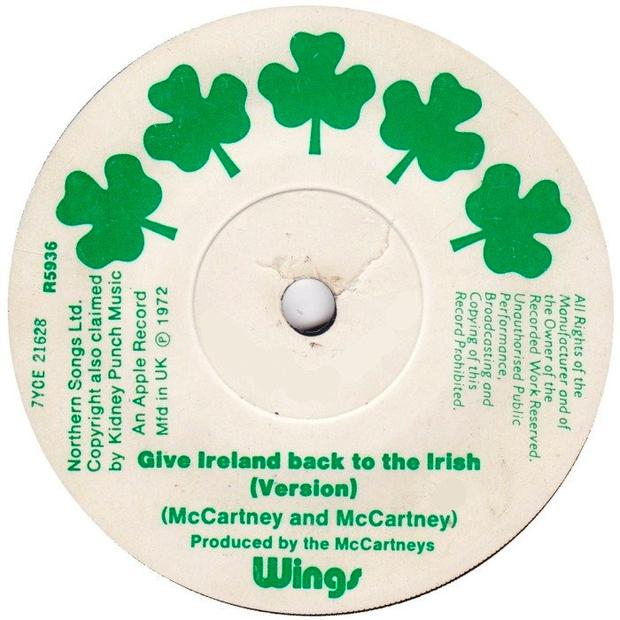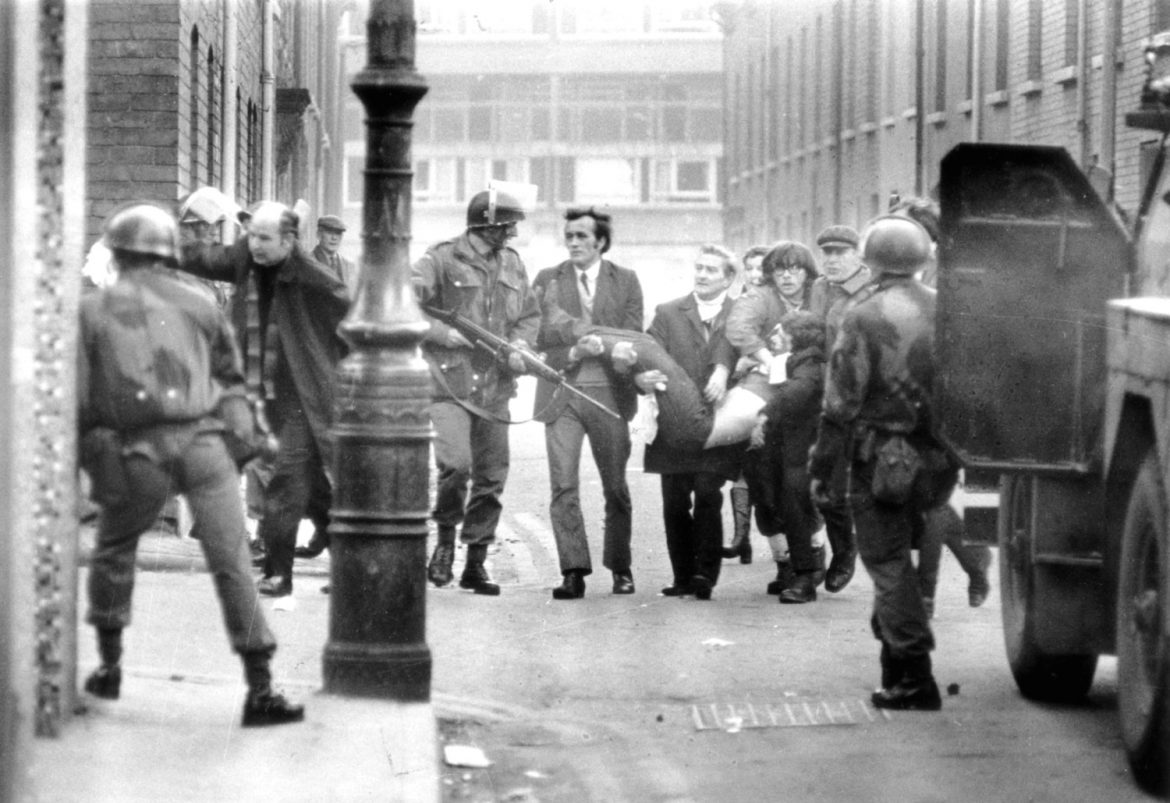 SIR PAUL McCartney has said that seeing news footage of Bloody Sunday shocked him so much he felt he had to write a protest song.
SIR PAUL McCartney has said that seeing news footage of Bloody Sunday shocked him so much he felt he had to write a protest song.
He was in the United States at the time patching things up with fellow Beatle John Lennon when on January 30, 1972, soldiers opened fire at a civil rights march in Derry and left 14 people dead.
Macca and his late wife Linda were inspired to record Give Ireland Back To The Irish — which was banned by the BBC but hit number one in the Republic.
Sir Paul (79) explained: “I was in New York that day, having met with John the day before. It was a meeting at which we more or less agreed to stop sniping at each other.
“It was deeply troubling to me to see footage of a perfectly peaceful demonstration that had gone wrong. It looked as if our Army boys had acted indiscriminately and fired on innocent people.
“There was immediately a cover-up, claiming that the protesters weren’t innocent but had rifles. But it seemed to me a reasonable demonstration, the kind that had been happening in Black communities throughout recent history.
“So, I was shocked by the idea that our soldiers had perpetrated this horror because up till that point, I had thought our boys were all great.
“Then I imagined Irish soldiers on the streets of Liverpool when I was growing up, telling me I couldn’t go here or I couldn’t go there.
“The idea of armed soldiers stopping me from going down the street seemed so wrong to me that, even though I wasn’t a writer of protest songs, I just felt I had to say something about this.” The 50th anniversary of Bloody Sunday is set to be marked in Derry next week with a series of events, with local stars Adrian Dunbar, Bronagh Gallagher, The Undertones and Phil Coulter set to take part.
Both of McCartney’s grandparents were born in Ireland, of mixed religion, and he said his household mirrored “the Irish political and religious divide”.
But when he took his song to his record label EMI in 1972, the top boss Sir Joseph Lockwood told him he “couldn’t put this record out, because of the delicacy of the Irish situation”.
In his new book The Lyrics, compiled by poet Paul Muldoon, he revealed: “I told him this particular event had affected me very deeply, and I felt I must respond to it. He asked me to reconsider.
“So, I gave it a couple of days and rang back and said I had to put it out. He said the record would be banned by the BBC, and no good would come of it for me. I told him I didn’t care.
“This was a big enough event in my history — in my country’s history — for me to take some kind of a stand.
“So we put it out, and Sir Joe was right. It was banned. But it was also number one in Ireland and in Spain, though not in the US.”
And Macca revealed that his Wings band mate Henry McCullough “got a bit of flak because he was a Northern Ireland boy”.

The Wings single Give Ireland Back to the Irish, written by Paul and Linda McCartney, was banned by the BBC
“Then there were others who perceived the song as a rallying cry for the IRA. It certainly wasn’t written to be one.
“For better or worse, this was a moment where I had a sense that art could, and should, respond to a situation.
“Unfortunately, it’s a situation that still hasn’t quite been resolved — and perhaps never will.”
Tags:





